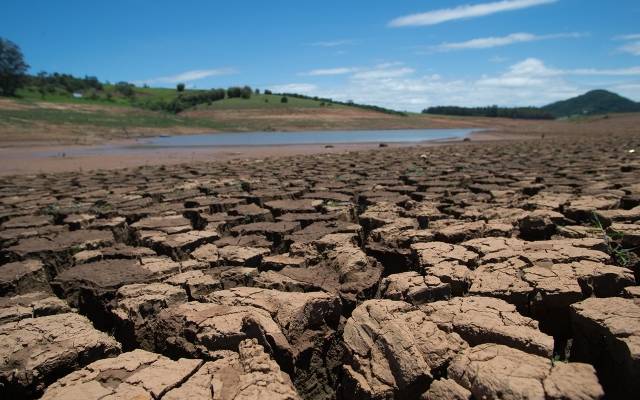Residents of Samaria, both Israeli and Palestinian, have recently been affected by a water crisis in the region and Israel has been forced to cut water supplies to the area, a result of Palestinian refusal to maintain its water systems or meet with Israeli officials to work towards a much-needed solution.
Israel says the Palestinians’ refusal to cooperate with it on renovating their leaky pipe system has caused the shortage. Palestinians allege the shortage is evidence of the uneven distribution of the water that runs beneath in an underground aquifer — a distribution that was enshrined in the Oslo Accords.
Under the interim Oslo peace accords signed in 1995, Israel controls 80 percent of shared water resources, while the Palestinian Authority (PA) is entitled to drill 20 percent. Israel must sell additional water to the Palestinians.
The Oslo Accords, which divided up the natural water resources, were intended to last for five years, pending a final peace agreement. But they remain in effect after two decades of failed peace efforts.
Israel Water Authority spokesman Uri Schor said Israel sells the Palestinians 64 million cubic meters of water each year, double the amount stipulated in the 1995 accords. He said that to protect the groundwater, Israel has reduced supplies to both Palestinian and Israeli communities in the region.
Schor accused the Palestinians of refusing to convene the Joint Water Committee, a body established by the Oslo Accords to manage the shared water resources. Without the committee, Schor says, it’s impossible to approve repairs to infrastructure — and damaged pipes can drain away up to a third of supplies.
“The Palestinians are taking advantage of this to say Israel is taking our water,” he said. “This is rubbish. The area has a problem and this can be solved by upgrading all the infrastructure, but the Palestinians veto this.”
Palestinian Water Authority director Mazen Ghoneim countered that, alleging the joint committee has not met in five years because Israel supposedly uses it to force Palestinians to approve water projects for Israeli communities.
Ghoneim demanded a renegotiation of the 80-20 percent ratio of water sharing and alleged that the Palestinian share of the water has actually declined due to the increased population and worsening leakage. He said villages and cities that are home to some 120,000 Palestinians have been affected.
Israeli and Palestinian leaders have not been willing to renegotiate water access without a larger peace deal — which seems highly unlikely, at least in the near future, amid the stalled Mideast negotiations.
In the meantime, foreign governments have attempted to help the Palestinians improve their water network. Since 2000, the American government’s agency USAID has spent tens of millions of dollars upgrading some 600 miles (900 kilometers) of pipelines.
Water shortages have hit Israeli communities as well.
Esther Allouch, spokeswoman for the Samaria Regional Council, said the community of Tapuah, with a population of 1,000, had a three-day shortage recently and needed to bring in water tankers, which her council pays for. Over the weekend, nearly all the 20,000 residents of the Israeli city of Ariel experienced a half-hour water interruption. Allouch said Israelis are suspending irrigation of their farmland and reducing their uses of dishwashers and showers.
“For years we have been saying that the infrastructure in Judea and Samaria is not sufficient,” she said.
Ironically, the shortages come as Israel has made great strides toward water independence through a fast-growing desalinization program. Today, desalinated water provides about 30 percent of Israel’s water and has reduced the semi-arid country’s dependency on meek rivers and sparse rainfall.
By: AP and United with Israel Staff
